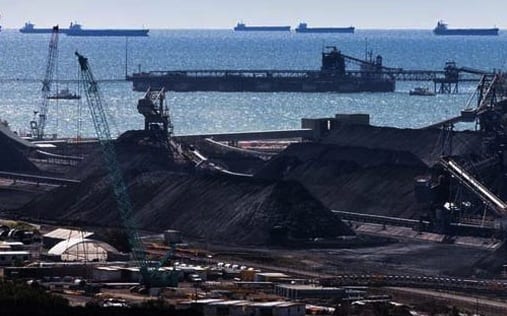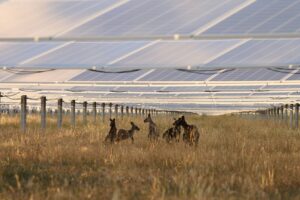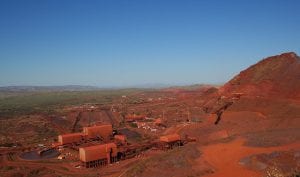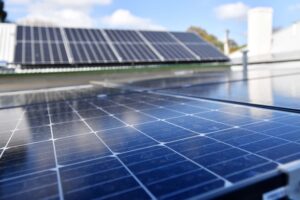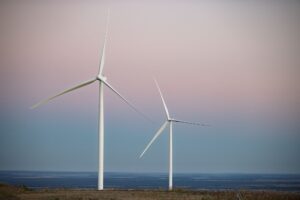
The mounting financial risk attached to the development of massive coal projects in Queensland’s Galilee Basin has again been flagged, this time by the Institute for Energy Economics and Financial Analysis (IEEFA).
In an industry brief published today by IEEFA – a New York-based NGO funded by philanthropic organisations including the Rockefeller Brothers Fund and the V. Kann Rasmussen Foundation – analyst Tom Sanzillo says proposals for new coal-production facilities in the Galilee Basin are too risky to attract adequate investor support.
In fact, says Sanzillo, who is IEEFA’s director of finance, the projects’ huge scale, greenfield nature and foreign ownership introduce “an almost unprecedented level of financial complexity and risk.”
The projects he is talking about include the multi-billion dollar development of what would be one of the world’s biggest coalmines, largely earmarked for export to India.
In 2012, India’s Adani Group announced plans to proceed with its $10 billion development of the massive and as-yet untapped Carmichael coal deposit, including large-scale rail and port infrastructure investment, that would create 9,000 jobs, and export coal to India from 2016.
Last year, a $1.25 billion debt issuance was proposed to help refinance Adani Abbot Point Coal Terminal, the 99-year lease for which was bought for $1.8 billion in May 2011.
But IEEFA’s Sanzillo says the project faces an increasingly difficult hurdle in securing funding due to the rapid deterioration of coal project profitability following a halving of the coal price, and the increased probability of a structural decline in thermal coal.
“The Galilee coal project proposals are highly unlikely to proceed without the support of the four Australian bank majors, plus some of the nine leading global investment banks,” Sanzillo said.
Just this week, anti-coal campaigners began targeting Australia’s Big Four banks, starting with ANZ, to protest their funding of fossil fuel projects. Meanwhile, some of the world’s leading investment banks have already joined the growing fossil fuel divestment campaign, in keeping with their commitments under the Equator Principles.
The IEEFA report highlights that greenfield coal projects such as the Galilee – those that break fresh ground in previously undeveloped areas – are an increasingly tough sell and that foreign ownership of the Galilee projects brings additional risk.
“IEEFA estimates that the most advanced Galilee coal greenfield projects, both run by Indian conglomerates, face a combined $21 billion in infrastructure costs, including rail and port construction.
“These projects are commercially unviable, reflective of the enormous capital investments required, the relatively low quality thermal coal involved, globally depressed seaborne coal prices and the lack of any of the necessary infrastructure required,” Sanzillo said.
Given the financial challenges, the report concludes that adequate investment-bank participation is ultimately unlikely.

